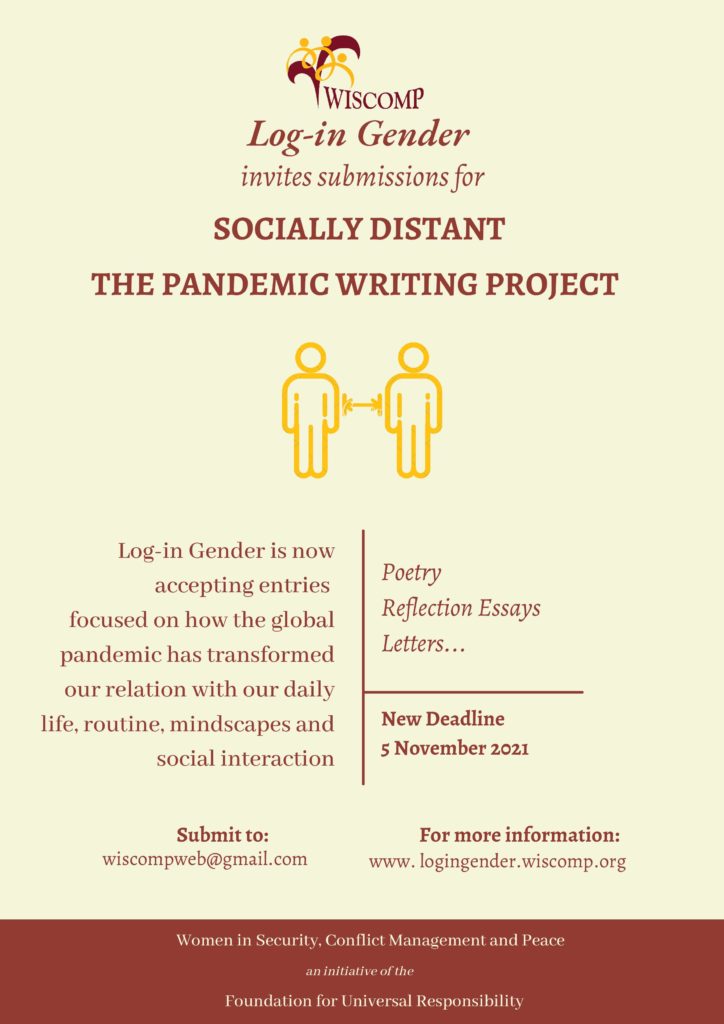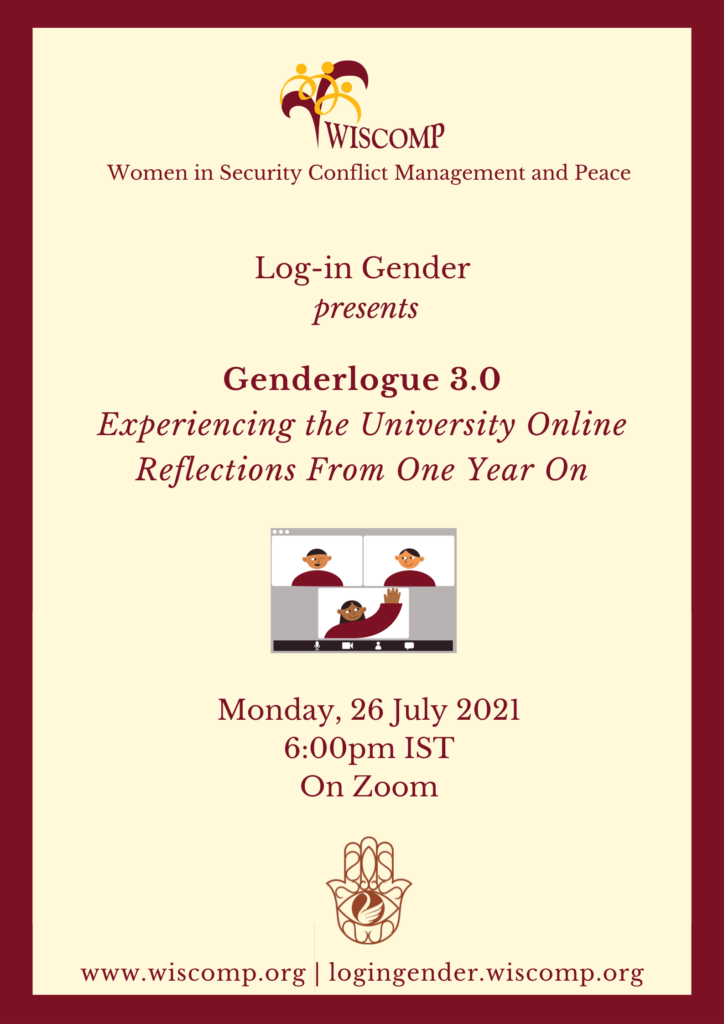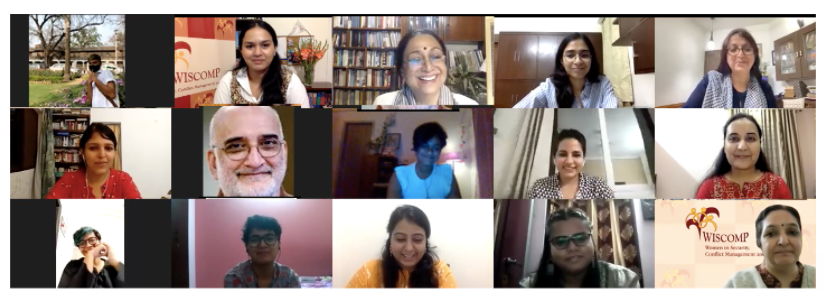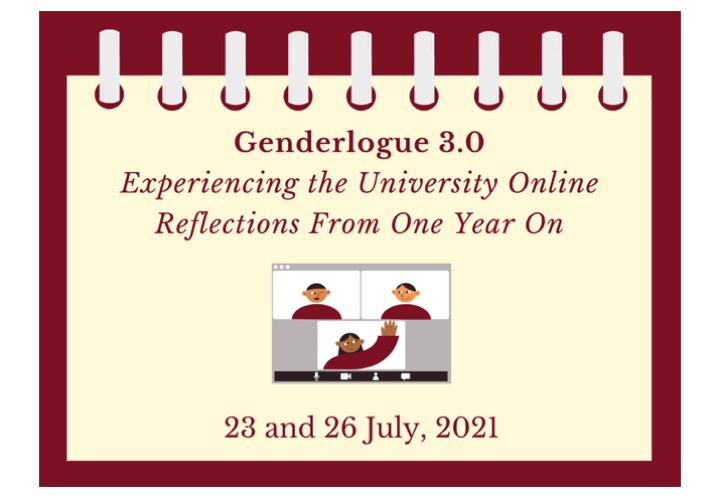Blog
War Rugs

Afghan women have been one of the most proficient weavers of hand-made rugs of intricate design for thousands of years. It was in 1979, soon after the Soviet invasion of Afghanistan that the usuals floral motifs were replaced with images of ammunition and war scenes. Iconography in propaganda leaflets that were dropped from U.S. military aircrafts began to appear in the women’s carpets, including the image of the burning Twin Towers. It was initially women from Afghanistan’s Baluchi culture who began the process of incorporating what they encountered in their daily lives into the rugs that previously featured floral and ordinary symbols.
The content of the carpets can very well be said to give an insight into the state of mind of Afghan women. The armed conflict steeped so deeply into their daily life that women in Afghanistan and those living as refugees in Pakistan and Iran began to incorporate icons of war into their carpets. According to Hanifa Tokhi, an Afghan immigrant who fled Kabul after the Soviet invasion, believes that the earliest war rugs were a form of rebellion[i]. They were a medium through which women could comment on the violent reality that the Soviet invasion , a way through which Afghan women could stage a protest and make their voices heard. The ancient pattern techniques of carpet weaving are still passed from mother to daughter. The weavers’ authorship is often lost when these works go to market, yet their masterful compositions reveal a dark humor and complex commentary on contemporary life.
Sources
- https://afghanistanonmymind.blogspot.com/2013/04/rada-akbar-afghan-photographer.html
- https://theconversation.com/afghanistans-war-rug-industry-distorts-the-reality-of-everyday-trauma-167608
- https://www.artsy.net/article/artsy-editorial-lessons-afghan-women-weave-modern-war-ancient-tradition
- https://www.smithsonianmag.com/arts-culture/rug-of-war-19377583/
[i] See Smithsonian Magazine article “Rug-of-War”, written by Mimi Kirk.
Socially Distant: The Pandemic Writing Project

The global pandemic has not only resulted in a major health crisis, but has had severe implications on how we work, learn and interact. Social scientists have described the COVID-19 pandemic as a point of rupture, a breakdown in the habitual order of things in the domain of the ‘normal’ or ‘ordinary’. Our perception of the normal, both within the home and the world outside, has undergone an extraordinary transformation. We are now faced with new realities of working from home, permanent or temporary termination of work contracts, home-schooling of children, and little to no physical contact with other family members, friends and colleagues. People all over the world are negotiating with what has come to be regarded as a ‘new normal’, a phrase referring to the fundamental shifts in our daily lives.
How have we responded/are responding to the changes wrought by the pandemic in our daily lives? How our interactions with our daily life, routine and mindscapes evolved/is evolving amidst uncertainties and fears? What kind of impact do we foresee to carry into our near future?
In this context, Log-in Gender’s writing series, Socially Distant: The Pandemic Writing Project seeks to bring together people’s account of how extended periods of isolation have impacted not just human relationships, but also one’s relation to spaces, institutions, technology, rituals and daily routines. Some of the questions that we hope to engage with through this writing series are:
- In what ways has physical distancing impacted our relationships with our peers, colleagues, partners and family? How do we understand and experience notions of care, resilience, healing and hope amidst the unfolding pandemic?
- Even as we practice physical distancing, has the pandemic deepened or revealed our sense of social and economic interconnectedness?
- How has the pandemic altered our relationship with our everyday spaces — workplaces, educational institutions, healthcare facilities, public parks and markets among others?
- How has our idea of a ‘home’ undergone a change with the overlapping of the workspace and the domestic space? Has the experiences of the pandemic altered the way we understood and inhabited our personal spaces? What are the new lenses it has introduced to reimagine our surroundings?
- In what ways has the uncertainties introduced by the pandemic affected our future plans and decisions? What are the learnings that we are carrying with ourselves, as we move towards a post-COVID-19 order?
- What are the moments of gratitude and wisdom that we can seek from these extraordinary times?
Log-in Gender invites entries in the form of poetry, reflection essay or letters that reflect on the experience of living through a pandemic. There are no geographical or age restrictions for submissions, provided the work submitted is original and unpublished. We are seeking submissions from lawyers, healthcare practitioners, young researchers, senior scholars, journalists and anyone who wish to share their reflections with us.
Through this series, we hope to curate a valuable resource that initiates conversations and provides relief, circles of solidarity and empathy for people at a time when they are most needed.
Submission Guidelines
- Submit your entries through emails at wiscompweb@gmail.com by 25 October 2021.
- The word limit for poetry, reflection essays and letters is 500-750 words.
- For written pieces in English, we accept .doc Word files.
- For art works and photographs, please submit high quality JPEGs or PNGs. The image resolution be between 320px by 320px and 1080px by 1080px.
- Please label the file with the title of your piece and your name.
- Along with your submission, we request you to send us your photograph and a brief bio (50 words approx.)
- For any clarifications, please feel free to reach us at wiscompweb@gmail.com
Genderlogue 3.0!

Watch the Genderlogue 3.0 discussion here
Welcome to the third edition of Log-in Gender’s online discussion forum, Genderlogue 3.0!
In early 2020 with the onset of the Covid-19 pandemic, leaders and policy makers called for ‘lockdowns’ and declared ‘shelter in place’ orders across the world. This meant that many students, researchers, and educators left their educational institutions to stay home. However, they were expected to continue learning, researching and teaching, remotely. University education has never been just about classrooms, lectures, lab work, field visits and examinations. The learning and unlearning processes lies within the everyday interactions with the peers, faculty, infrastructure (such as libraries, labs, hostels, conferences, cafes, commute, etc.) and the larger campus community.
With the outbreak of Covid-19 and the consequent shift of the university online, we seek to explore the changes to the experience of the university. Have we been able to replicate the university experience online, or are there gaps and misses? What might we seek to take forward?
Online learning is not a new phenomenon. In the past few decades, internet and digital platforms have grown to complement the university life from the gradual introduction of email groups, digital access to books and articles, to Facebook and WhatsApp groups to augment classroom interactions. Platforms such as Coursera and edX offer courses from universities across the world that bridge the geographical divides of ‘accessing’ quality education. Their appeal lay in allowing people to choose what they learnt in order to add to their knowledge and/or profile from the comfort of their own homes at relatively affordable rates, at their own pace.
Email chains and WhatsApp groups only complement the in-person classroom/university experience. They do not replace it. Coursera and edX offer the option of life-long and customized learning, should one seek it. These platforms did not seek to offer a complete alternative to in-person university. Something that was a choice, with Covid-19 outbreak became a norm which had to adopted, adjusted and embraced overnight. ‘Online’ was presented as the only, indeed nearly universal solution to lockdown. Collectively we turned to online platforms such as Zoom. What was once an option, an addition, soon became the only way to access education and research. A few days in, it became clear that the attempt was to replicate the university — classrooms, extracurriculars, social connections, research, teaching — online.
How has this played out? How has it impacted the ‘experience’ of the university? Has it been possible? What has been the nature of the shift to online platforms, methods, and spaces? How do we measure the successes and/or failures of this shift?
In this context, Log-in Gender’s Genderlogue, an online discussion forum, titled ‘Experiencing the University Online: Reflections and Conversations One Year On’, engaged with some of these questions. This Genderlogue brought together young educators, researchers and learners from diverse academic backgrounds to connect virtually and reflect on some of these concerns.
The discussion explored questions such as how was this move online navigated? What have we learnt? What might we do differently? What might we carry into a post-pandemic world? What have we reflected upon on the nature of education? It specifically sought responses around issues of accessibility, health, campus community and research work.
Can online education make the process of learning more accessible? What measures were taken to make it accessible for everyone? How can the existing gaps be filled in? How did moving online affect mental and physical health? How did the university address health-related challenges? Was this new online mode able to replicate the ‘community’ of a campus space? Was it able to support relations of affect between students and teachers? How did research work that requires field work function (or not) due to online mode? Are the changes different across disciplines? How did lab work take place? How did the decision to move online help or hinder our selves, communities and work?
This Genderlogue was conducted over the course of two days. The first day consisted of a day-long online discussion forum, on Log-in Gender, where participants were encouraged to reflect on and share their experiences of online education during the pandemic. On the second day, a virtual discussion with some young researchers, learners and educators from our network was hosted on Zoom.


